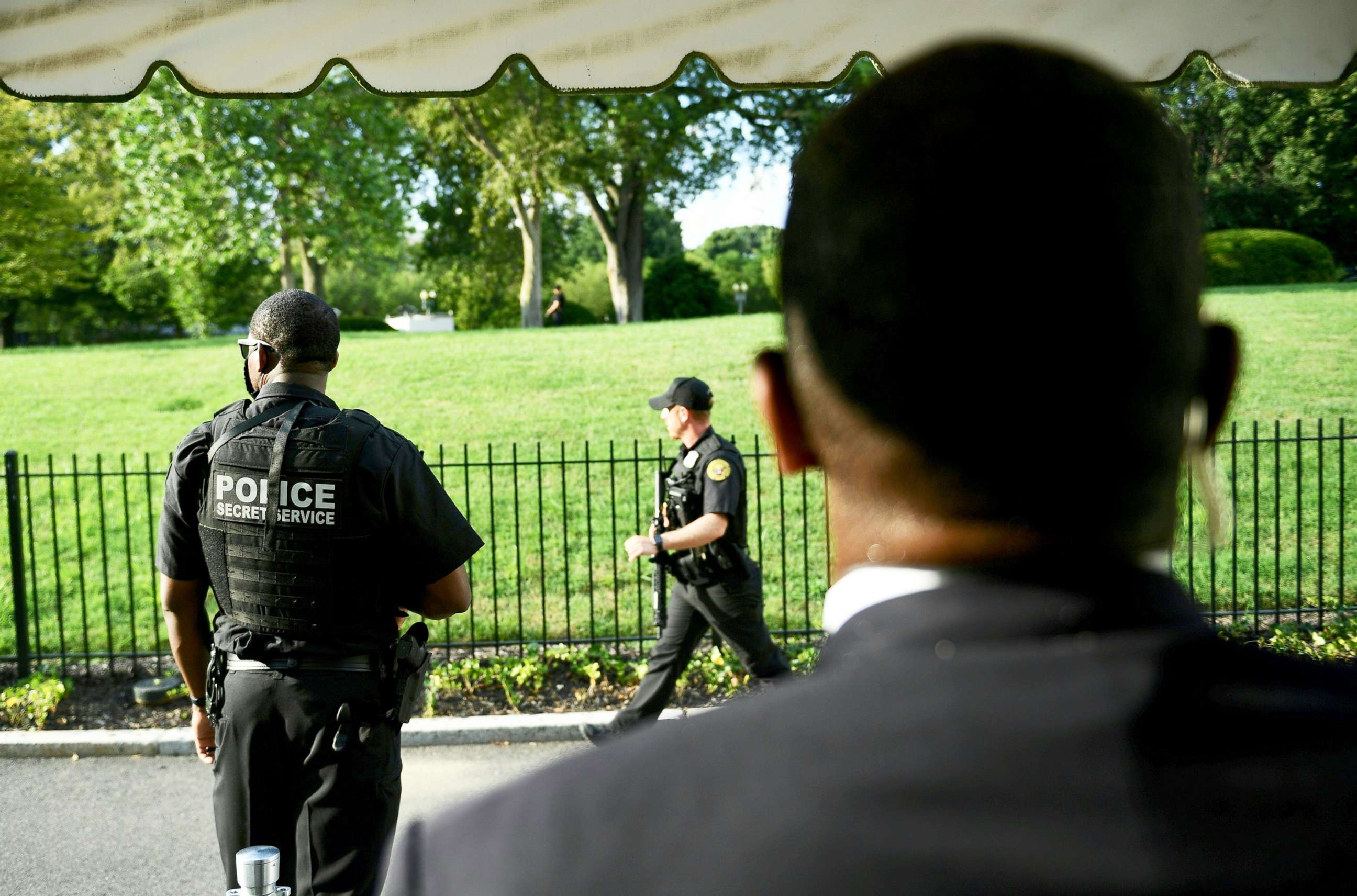Secret Service in the business of protection, not politics: ANALYSIS
Problems with politics in the Secret Service have never been documented.
A recent article in the Washington Post reports that recent changes to the Presidential Protective Division of the Secret Service were driven by the incoming Biden administration's perception of alleged loyalties to the Trump administration.
But the Secret Service doesn't function based on politics.
The Secret Service was founded in 1865 at the end of the Civil War. Its mission was to combat the rampant counterfeiting of United States currency. At the time, close to 50% of currency in circulation was counterfeit. Within a few years, the Secret Service cut into that statistic. In 1901, after three presidents -- Abraham Lincoln, James A. Garfield and William McKinley -- were assassinated, Congress authorized the Secret Service to provide protection to the president, but it didn’t actually fund that function until 1906 when the “Zero Fail” mission to protect and handle the transition of power for every president began.

Since its beginnings, the Secret Service’s investigative and protective missions have expanded to include a focus on cybercrimes coordination and special security events.
The expansions of these missions have occurred despite some high-profile errors by the Secret Service.
In September 1964, the Warren Commission issued a stunning report in the wake of former President John F. Kennedy's assassination that concluded “the secret service was deficient in the performance of its duties” and forced the Secret Service to make several changes including training and protective protocols.
After the attempted assassination of former President Ronald Regan, a review of the incident led the Secret Service to make additional changes to its protection methodology.
In 1995, after the Oklahoma City bombing, a White House Security Review included recommendations for enhancements to the security of the White House.
In 2014, after several fence jumping and embarrassing personnel incidents, the USSS Protective Mission Panel Report in conjunction with a Congressional panel issued its findings which covered three broad areas: perimeter security, technology and operations, and leadership.
All of these changes were embraced and acted on by the Secret Service. But in none of the reports did Congress or any panel allude to politics being involved in the success or failures of the Secret Service.
A special agent's career is as multifaceted as the agency itself and includes reassignments.
From the moment training is completed, special agents are assigned to a field office where they are expected to perform investigative and protection missions. After the first phase, agents are then selected and assigned to permanent protective assignments including the president and vice president’s detail. These assignments are based on performance and career choices, not politics. Once completed, another transfer is available back to a field office or another DC-based assignment.
For senior managers, including the special agent in charge of the president's detail, reassignments are common and it is standard for a change to occur with a new incoming administration. Often, those senior leaders are ready and due for a transfer to a headquarters or another position while allowing their deputies to advance to take over these leadership roles. While it is important for the president to have confidence and trust in the individual tasked to keep them safe, practical considerations drive personnel decisions in the Secret Service -- not politics. These agents willingly and expertly protect, including with their lives.
Donald J. Mihalek is an ABC News contributor, retired senior Secret Service agent and regional field training instructor who served during two presidential transitions. He was also a police officer and in the U.S. Coast Guard.




